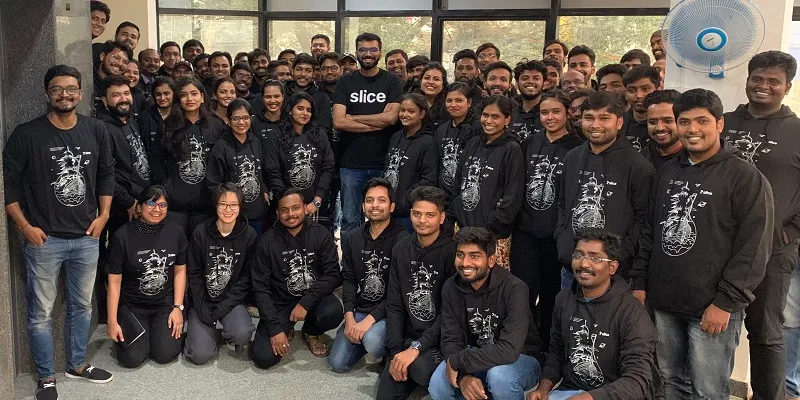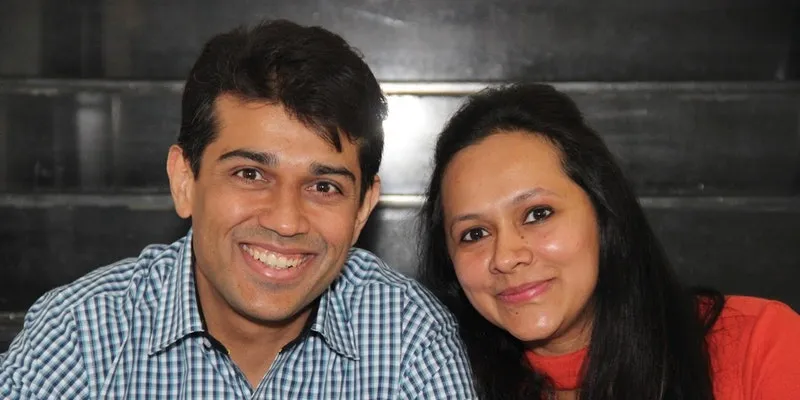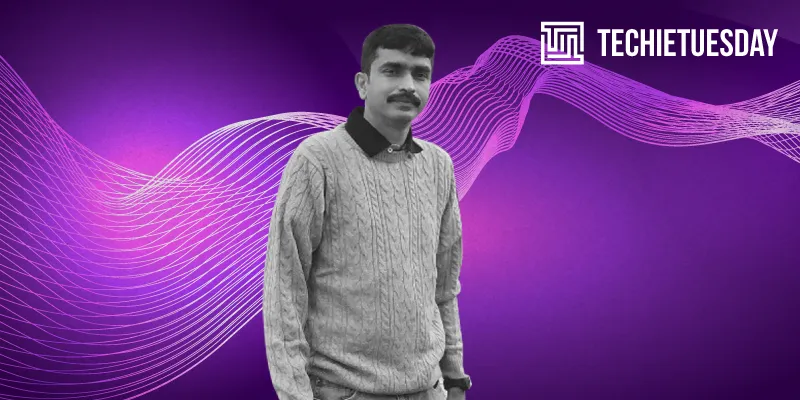[WATCH] The week that was – from CES at Las Vegas to success stories of bootstrapped startups
This week, YourStory was at Las Vegas for CES 2020, the world’s largest annual technology trade show. We also bring you success stories of several startups.
YourStory was at Las Vegas to attend CES 2020, the world’s largest annual technology trade show produced by the Consumer Technology Association (CTA). Artificial Intelligence (AI), Augmented and Virtual Rreality (AR/VR), privacy, foldable tech, 5G, robotics, smart cities and smart cars, homes, and health products, 8K TVs, drones, wearables, and health and wellness tech – all the latest buzzwords dominate this year’s expo.
CES 2020 saw more than 4,500 exhibitors showcase around 20,000 new tech products. These companies – both startups and established tech names – exhibited their latest innovations to over 170,000 attendees from at least 160 countries.
“Companies across every major industry are using technology to transform their businesses, and CES 2020 will be the global stage for the latest innovation across all sectors,” said Karen Chupka, EVP, CES.
That’s not all. In a first in the five-decade-long history of CES, India had a pavilion of its own – all thanks to the initiative of Motwani Jadeja Foundation Founder Asha Jadeja Motwani, an investor and keen supporter of the Indian startup ecosystem for more than a decade now.
Watch our video on the top stories of the week:
Credit cards may make life easier, but getting one isn’t easy: you need to have a job and fall in a particular income bracket to qualify. The financial product is also complex, and involves high- interest rates.
While banks and financial institutions eschew young credit seekers such as college students, young graduates, and new professionals, Bengaluru-based Slice is targeting this very segment.
“Products like credit cards are great financial tools, but interactions with a few friends revealed that they found the product complicated. This is when I conceptualised a financial product that is much simpler and more accessible to youngsters. I started working on what is today Slice. I was 22 when I founded the firm; I could relate to the problem faced by this segment, and the fact that I was an avid credit card user helped,’’ says Rajan Bajaj, Founder and CEO of Slice.
He adds that he had been interested in the banking space from his college days, and decided to solve a problem that affected his generation, especially those brought up in middle-class families in Tier II and III cities.
The company, which began life as SlicePay, offers payment cards tailored to the needs of students and young professionals between the ages of 18 and 29 years.
Its flagship product is a payment card with a pre-approved credit line. Issued in partnership with RuPay, the card can be used across five million merchants in India, online and offline. Customers can use it to pay bills for lifestyle purchases such as travel and stay, food and dining, and entertainment.

The Slice team.
“Good code not just improves the software impacting billions of users but also tremendously increases the work satisfaction levels of coders,” believes 38-year old Mitul Bid, Founder, CEO, and Chief Coder of Pune startup Coditas Technologies.
A product development startup that designs and develops software applications, it offers services pertaining to the entire software development life cycle. Coditas engages with clients at any stage, from conceptualisation, to deployment and support.
Founded in November 2014, Coditas has served over 132 clients across the globe. While most of its clients are based out of Silicon Valley, Coditas’ Indian clients include HDFC Life, Symantec, Coverfox, and ZestMoney.
With an initial investment of Rs 1 lakh, Mitul co-founded Coditas with college friend Janak Porwal.

Mitul and Priti, Co-founders of Coditas.
Indian film actor Shahrukh Khan may be exhorting Indian students to “fall in love with learning” by downloading the BYJU'S app, but a quiet and unassuming man working behind the scenes has made this possible. Prakash Ramachandran, the CTO of BYJU'S, one of the world’s highest-valued edtech startups, used gamification to make core concepts easy to understand.
This wasn’t a challenge after his stint at Zynga, the US social game developer, and the move grabbed students’ attention and made learning easy as pie. However, learning to build nimble products and applications came easily to Prakash, who’s a rare CXO in today’s startup world – he doesn’t have a coveted IIT or BITS Pilani tag.
Having worked at the likes of HP and for CDAC (building India’s supercomputer Param), coding and technology held more appeal for Prakash than engineering did. But his tryst with computers happened by chance.

Prakash Ramachandran, CTO, BYJU'S.
Ayush Goyal, a BTech computer science graduate from Amity University in Jaipur, started freelancing in his first year of college. He ventured into data entry and was promised Rs 70 per page. For security, he was charged Rs 4,000 at the beginning of the project. After working for almost a month, Ayush discovered that he had been conned. Neither was he paid for his work, nor did he get back the security deposit.
Disappointed but keen to do something about the situation, Ayush started researching the freelance economy in India. In his third year of college, with Rs 20,000 in his pocket, 24-year old Ayush started MissionKya.com.
Founded in July 2016, MissionKya.com was a marketplace that connected freelancers and companies. To make sure that other freelancers were not conned like he was, Ayush introduced the concept of a project moderator. Every project had a dedicated project moderator who looked after timely payments. In 2019, he rebranded the startup to ExpertRight
Headquartered in Jaipur, ExpertRight’s revenue in the first month was almost nil. The startup now claims to make annual revenue worth Rs 2.2 crore. In fact, it has so far served up to 500 clients, and has worked with more than 18,500 freelancers, since inception.
(Edited by Saheli Sen Gupta)


![[WATCH] The week that was – from CES at Las Vegas to success stories of bootstrapped startups](https://images.yourstory.com/cs/2/a054f1302d6c11e9aa979329348d4c3e/Weekly-wrap-9-1578727613853.png?mode=crop&crop=faces&ar=2%3A1&format=auto&w=1920&q=75)
![[Year in Review 2019] Weekly wrap: here's a look at some of the top stories this year](https://images.yourstory.com/cs/2/11718bd02d6d11e9aa979329348d4c3e/Weekend-Wrapsourcefileyear-800x4001-1577525626036.png?fm=png&auto=format&h=100&w=100&crop=entropy&fit=crop)




